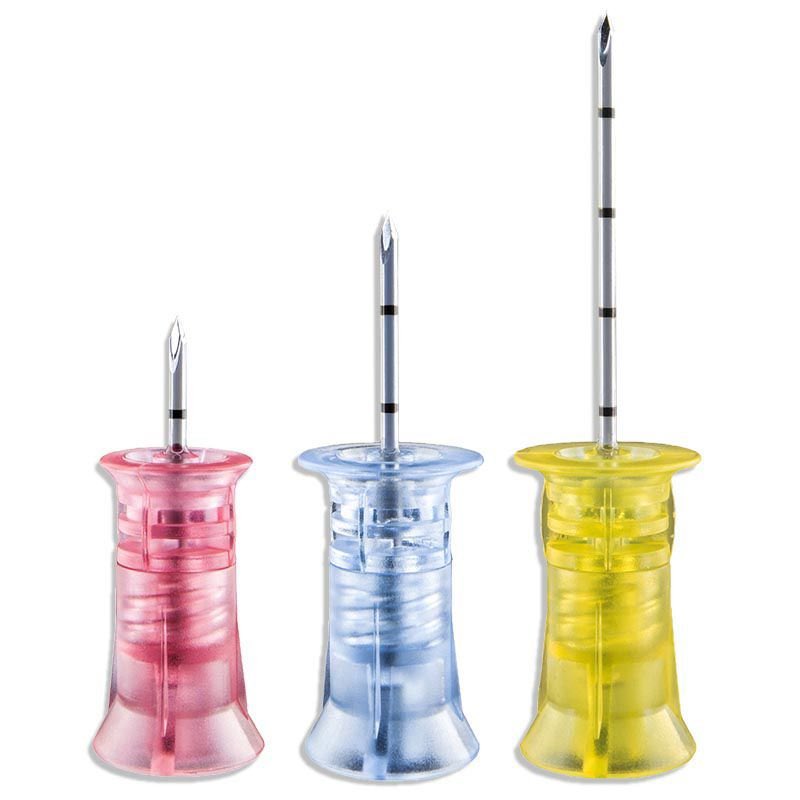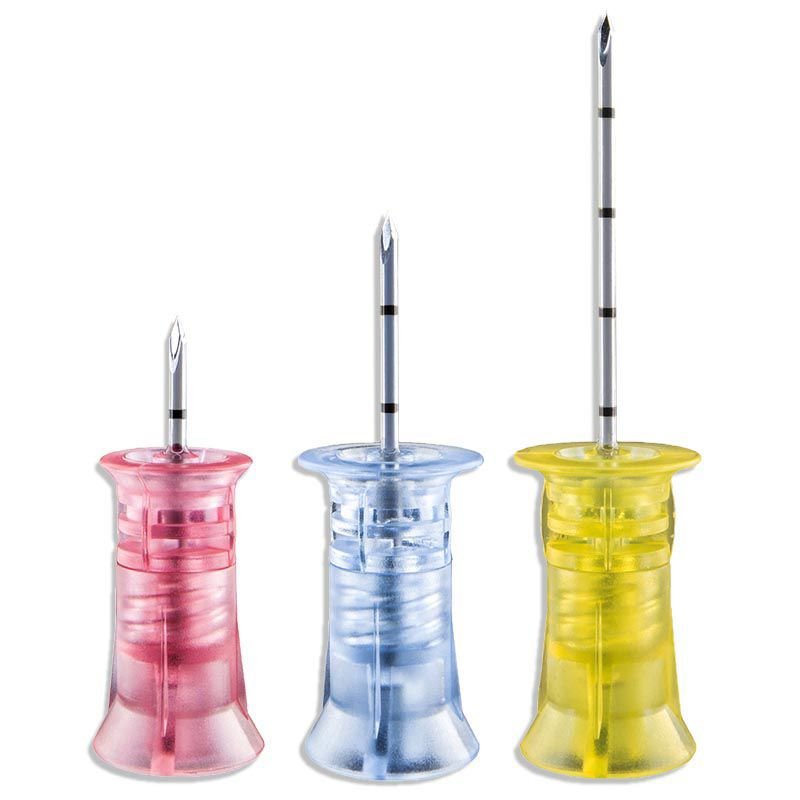Thread...
I’m a paramedic.
I’ve been a paramedic for more than a decade.
I absolutely love my job.
But there’s some things that have taken some getting used to and there’s things I’ll likely never get used to.
I would like to talk about one of those things.
/1
I’m a paramedic.
I’ve been a paramedic for more than a decade.
I absolutely love my job.
But there’s some things that have taken some getting used to and there’s things I’ll likely never get used to.
I would like to talk about one of those things.
/1
A lot of people don’t like needles.
Some people get really squeamish about them.
That not only includes traditional needles, but also IV needles.
I’ve had people pass out from both, both people who are receiving them & family/observers.
But if you don’t like needles...
/2
Some people get really squeamish about them.
That not only includes traditional needles, but also IV needles.
I’ve had people pass out from both, both people who are receiving them & family/observers.
But if you don’t like needles...
/2
We’ve got a tool in our toolbox called an IO.
IO stands for intraosseous.
They come in different sizes.
Here’s a picture.
/3
IO stands for intraosseous.
They come in different sizes.
Here’s a picture.
/3
If you haven’t figured out what intraosseous means, it’s inside the bone.
So in a nutshell, when we can’t get an IV and we have a patient who needs intervention, we will use one of those needles with a drill and push it into a long bone.
/4
So in a nutshell, when we can’t get an IV and we have a patient who needs intervention, we will use one of those needles with a drill and push it into a long bone.
/4
But it’s not the needle that hurts the most. It’s when we push fluid and medications through it.
I haven’t experienced it myself, but I’m told it’s the equivalent of an ice cube on an open tooth root.
/5
I haven’t experienced it myself, but I’m told it’s the equivalent of an ice cube on an open tooth root.
/5
I’ve had other first responders vomit, pass out, the whole range of reactions when I’ve had to use it.
But, and I need to be clear about this, when it’s needed, it can be the difference between life and death.
/6
But, and I need to be clear about this, when it’s needed, it can be the difference between life and death.
/6
It gets worse though.
Because of the kind of paramedicine I’m trained to do, I’ve been trained to do this without the electric drill.
By hand.
I haven’t had to yet.
I’m not sad about that.
That gets even me saying “that’s gross”.
/7
Because of the kind of paramedicine I’m trained to do, I’ve been trained to do this without the electric drill.
By hand.
I haven’t had to yet.
I’m not sad about that.
That gets even me saying “that’s gross”.
/7
That’s just one example. The first time I observed an orthopedic surgeon do his thing, I needed a 30 minute walk.
The first time I observed a hysterectomy?
I had to sit down on the operating floor because I knew I was gonna drop.
/8
The first time I observed a hysterectomy?
I had to sit down on the operating floor because I knew I was gonna drop.
/8
Which is all by way of saying, sometimes in the course of making a thing better, some professions need to do things that to an outsider (and sometimes even an insider) look pretty brutal.
Horrific even.
/9
Horrific even.
/9
The best people to determine whether or not those action were appropriate are people who understand the indications for taking those actions.
In case you haven’t guessed where I’m going with this yet...
/10
In case you haven’t guessed where I’m going with this yet...
/10
Police brutality happens.
But not all police violence is brutality.
Verbal use of force is a legitimate measure.
Sometimes physical violence is necessary.
Over the last few weeks. We’ve seen how the system can not only recognize police brutality and prosecute it.
/11
But not all police violence is brutality.
Verbal use of force is a legitimate measure.
Sometimes physical violence is necessary.
Over the last few weeks. We’ve seen how the system can not only recognize police brutality and prosecute it.
/11
But those determinations need to be made by experts in both policing and law. Fortunately, we also have a system that utilizes civilian experts, external to policing.
Which is not to say that we don’t have work to do with systemic violence and racism.
We do.
/12
Which is not to say that we don’t have work to do with systemic violence and racism.
We do.
/12
The worst compliment I have ever been given was from a patient who thanked me for not being abusive to her “like the last paramedics”.
That one haunts me.
/13
That one haunts me.
/13
But I also know that at times, first responders of all stripes have to do things that observers find deeply unsettling and disturbing, but that by no means that it wasn’t correct.
/14
/14
Which is all by way of saying, for everyone who is armchair quarterbacking the interaction with CPS & a hockey player who is now teamed up with The Rebel, it might be a good idea to take a step back and not try and analyze a video that only shows part of a long interaction.
/15
/15

 Read on Twitter
Read on Twitter



